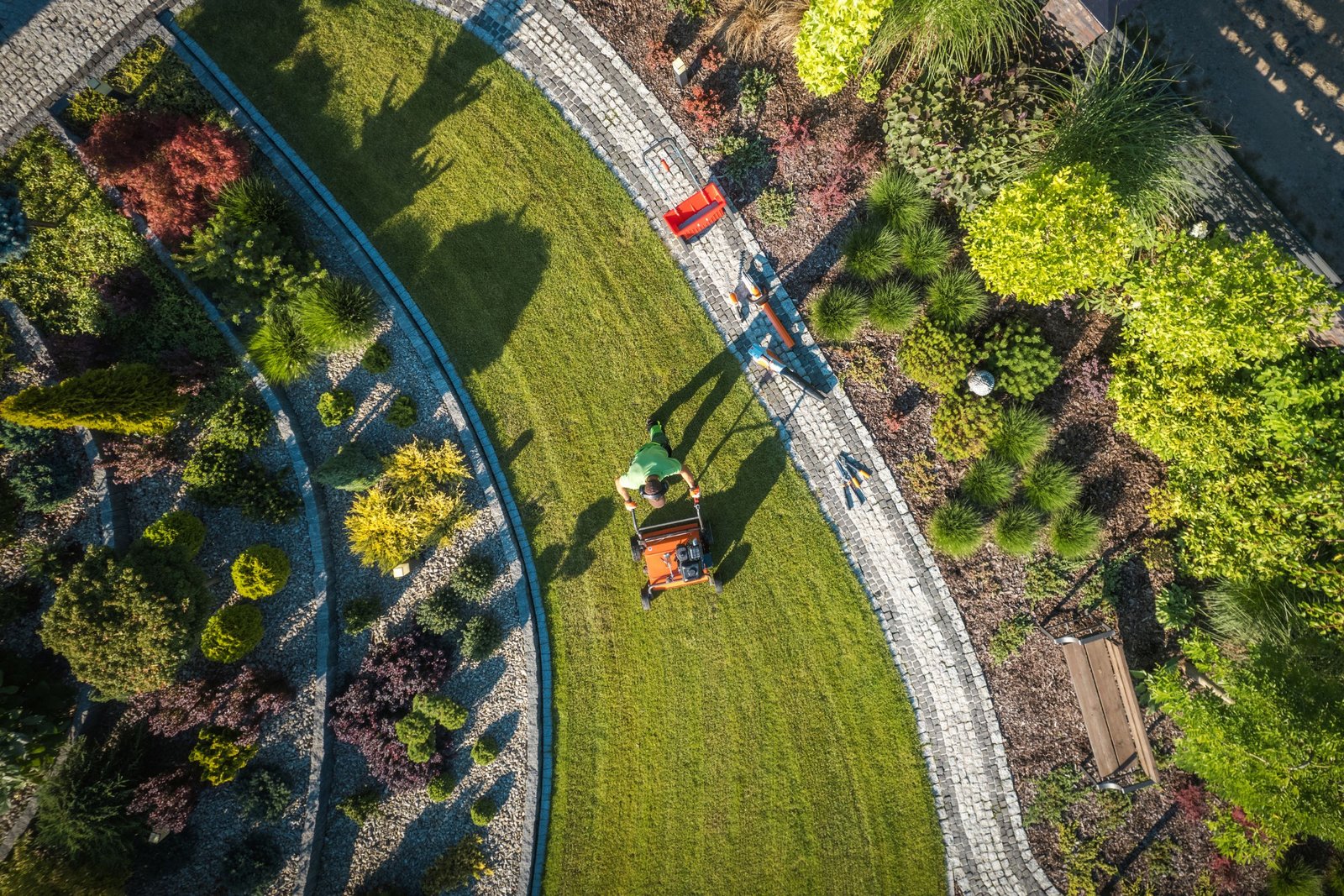Soil Preparation: A Foundation for Success

Why Soil Preparation Matters:
Healthy plants begin with healthy soil. Soil preparation is the bedrock of successful gardening, providing a foundation for robust root development, nutrient absorption, and overall plant vitality. By understanding and enriching your soil, you set the stage for a flourishing garden.
Testing and Amending Soil:
Soil Testing:
Conduct a soil test to analyze its pH and nutrient levels. This valuable information guides you in making informed decisions about the types and quantities of amendments your soil needs.
pH Adjustment:
Most plants prefer a slightly acidic to neutral pH. If your soil is too acidic or alkaline, amend it accordingly to create an optimal pH environment for your plants.
Organic Matter Incorporation:
Enhance soil structure and fertility by incorporating organic matter such as compost or well-rotted manure. This boosts water retention, drainage, and nutrient availability.
Mulching for Moisture Retention:
Apply a layer of organic mulch, like shredded bark or straw, to help retain soil moisture, suppress weeds, and regulate soil temperature.
General Soil Preparation Tips:
Loosening Compacted Soil:
Break up compacted soil to improve aeration and root penetration. Use a garden fork or a soil auger for larger areas.
Avoid Overworking the Soil:
While amending soil is crucial, avoid excessive cultivation, as it can disturb beneficial soil structure.
Know Your Plant’s Needs:
Different plants have different soil preferences. Research the specific requirements of the plants you’re cultivating to tailor your soil preparation.
Seasonal Considerations:
Adapt your soil preparation practices based on the season. Spring and fall are ideal times for extensive soil improvement efforts.
Consistent Monitoring:
Regularly monitor the condition of your soil, especially after heavy rainfall or extreme weather events. Adjust your practices accordingly.
Invest in Quality Soil Amendments:
Choose high-quality organic amendments to ensure a balanced and nutrient-rich soil environment for your plants.
Raised Beds and Containers:
If space is limited or you’re dealing with poor soil quality, consider raised beds or containers filled with a well-balanced growing mix.
By investing time and effort into thoughtful soil preparation, you create an environment where your plants can thrive and resist diseases and pests more effectively. It’s the first step toward a successful gardening season, setting the stage for bountiful harvests and vibrant blooms.








